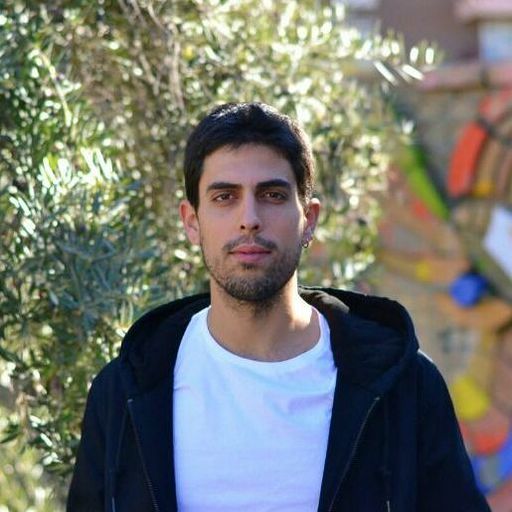








What’s New in CARTO - Q2 2025
Discover CARTO's Q2 2025 updates - new features for smarter maps, team collaboration, automation, and scalable spatial analysis in the cloud.













Create your expansion strategy with CARTO and Snowflake
Learn how CARTO and Snowflake help you build a winning expansion strategy. Pinpoint ideal locations, leverage spatial analytics & AI for confident growth.













.jpg)
Pain-free data integration with Overture Maps, GERS & Databricks
Seamlessly integrate spatial data with Overture Maps, GERS & Databricks for fast, scalable geospatial analysis - no ETL or data wrangling needed.











Personalizing services with spatial analytics in Google Cloud
Personalize services at scale with spatial analytics on Google Cloud. Learn how to boost ROI using CARTO for location-based insights.













Overture Maps data now on the cloud: how to use it with CARTO
Announcing Overture Maps data in the cloud! Seamlessly access, analyze, and visualize data on global buildings, POIs, boundaries & more with CARTO!













Geospatial & AI at the Databricks Data + AI Summit 2025
Explore the biggest geospatial & AI highlights from Databricks Data + AI Summit 2025, including Agent Bricks & native Spatial SQL.













Supercharge Your Spatial Models with Google PDFM in CARTO
Integrate Google's PDFM embeddings into CARTO Workflows for enhanced spatial models. This blog shows two use cases on how these embeddings improve predictions.











Snowflake Summit 2025 - highlights for geospatial
Discover top geospatial highlights from Snowflake Summit 2025 -from AI to open formats -shaping the future of cloud-native spatial analytics.











From selection to consolidation: 6 ways to optimize site planning
Optimize site planning with data, AI, and real-time insights. Discover 6 of the best strategies in this expert guide from CARTO.











Foundation Models: Transforming the Future of Spatial Analytics
Explore how geospatial foundation models like Google’s PDFM are revolutionizing spatial analytics, from disaster response to urban planning with CARTO.











Geo for the Agentic Era: Highlights from #SDSC25 London
Explore how AI, open data, and scalable geospatial tech are redefining GIS at #SDSC25 London. Catch highlights, keynotes, and sessions on demand.













How Iceberg, GeoParquet & CARTO are reshaping geospatial
Discover how GeoParquet, Iceberg, and CARTO are transforming geospatial analytics with cloud-native, scalable, and open data architectures.













Live maps with automated Workflows integrations are here
Create live, always-updated maps with CARTO by integrating Workflows and Builder. Automate geospatial analysis to visualization in one step.
Location intelligence resources straight to your inbox
Subscribe to our latest news, product features and events.

Academy











What’s New in CARTO - Q2 2025
Discover CARTO's Q2 2025 updates - new features for smarter maps, team collaboration, automation, and scalable spatial analysis in the cloud.











Create your expansion strategy with CARTO and Snowflake
Learn how CARTO and Snowflake help you build a winning expansion strategy. Pinpoint ideal locations, leverage spatial analytics & AI for confident growth.











.jpg)
Pain-free data integration with Overture Maps, GERS & Databricks
Seamlessly integrate spatial data with Overture Maps, GERS & Databricks for fast, scalable geospatial analysis - no ETL or data wrangling needed.


.png)
.png)
.png)
.png)



.png)




.png)
